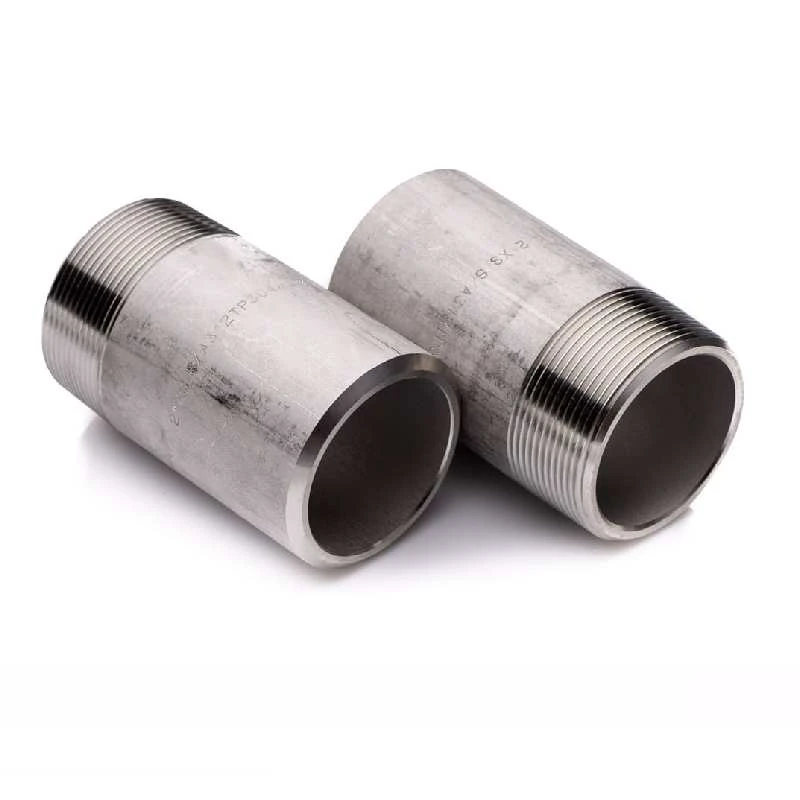-
Cangzhou Yulong Steel Co., Ltd.
-
Phone:
+86 13303177267 -
Email:
admin@ylsteelfittings.com
- English
- Arabic
- Italian
- Spanish
- Portuguese
- German
- kazakh
- Persian
- Greek
- French
- Russian
- Polish
- Thai
- Indonesian
- Vietnamese
- Zulu
- Korean
- Uzbek
- Hindi
- Serbian
- Malay
- Ukrainian
- Gujarati
- Haitian Creole
- hausa
- hawaiian
- Hebrew
- Miao
- Hungarian
- Icelandic
- igbo
- irish
- Japanese
- Javanese
- Kannada
- Khmer
- Rwandese
- Afrikaans
- Albanian
- Amharic
- Armenian
- Azerbaijani
- Basque
- Belarusian
- Bengali
- Bosnian
- Bulgarian
- Catalan
- Cebuano
- China
- China (Taiwan)
- Corsican
- Croatian
- Czech
- Danish
- Esperanto
- Estonian
- Finnish
- Frisian
- Galician
- Georgian
- Kurdish
- Kyrgyz
- Lao
- Latin
- Latvian
- Lithuanian
- Luxembourgish
- Macedonian
- Malgashi
- Malayalam
- Maltese
- Maori
- Marathi
- Mongolian
- Myanmar
- Nepali
- Norwegian
- Norwegian
- Occitan
- Pashto
- Dutch
- Punjabi
- Romanian
- Samoan
- Scottish Gaelic
- Sesotho
- Shona
- Sindhi
- Sinhala
- Slovak
- Slovenian
- Somali
- Sundanese
- Swahili
- Swedish
- Tagalog
- Tajik
- Tamil
- Tatar
- Telugu
- Turkish
- Turkmen
- Urdu
- Uighur
- Welsh
- Bantu
- Yiddish
- Yoruba

Nov . 08, 2024 12:35 Back to list
Understanding the Importance of Pipe Caps in Industrial Applications and Their Usage
The Importance of Pipe Caps in Industrial Applications
In various industries, the integrity and safety of piping systems are of utmost importance. One often overlooked, yet critical component of these systems is the pipe cap. Pipe caps serve essential functions in maintaining the efficiency, safety, and longevity of piping systems, whether they are used in oil and gas, water supply, manufacturing, or construction. In this article, we will explore what pipe caps are, their types, applications, and the reasons why they are vital in industrial settings.
What is a Pipe Cap?
A pipe cap is a fitting used to close the end of a pipe. By providing an airtight seal, pipe caps prevent contaminants from entering the system, thereby protecting the fluids and gases that flow through the pipes. They are commonly made from various materials, including metal, plastic, and rubber, depending on the specific requirements of the application, such as temperature, pressure, and chemical compatibility.
Types of Pipe Caps
There are several types of pipe caps available on the market, tailored for different applications
1. Threaded Caps These caps screw onto the pipe’s end, providing a secure closure. They are typically used in lower-pressure applications and can be easily removed for maintenance.
2. Welded Caps These are permanently attached to the pipe, often used in high-pressure systems. Welded caps provide a more robust and durable seal but may require more effort to remove when necessary.
3. Blind Flanges While technically not a cap, blind flanges serve a similar purpose by covering the end of a pipeline. They provide a flat surface for connection or closure and are commonly used in larger piping systems.
4. End Caps Used to seal off pipes in plumbing and HVAC systems, end caps are essential for preventing leaks and maintaining system pressure.
Applications of Pipe Caps
Pipe caps are widely used in various industries, each with its specific requirements. Here are some notable applications
pipe cap

1
. Oil and Gas Industry In this sector, pipe caps are essential for preventing leaks and ensuring the safety of transporting hydrocarbons. They help in securing unused ports and maintaining the integrity of pipelines during installation and maintenance.2. Water Supply Systems Pipe caps are critical in municipal water supply systems to close off sections of pipes during repairs or upgrades, ensuring that water quality is maintained and preventing contamination.
3. Manufacturing In manufacturing processes that involve pipelines for transporting chemicals or raw materials, pipe caps are used to secure and protect open ends, preventing spillage and accidents.
4. Construction In construction projects, pipe caps are used to protect piping systems from dirt, moisture, and other environmental factors until the systems are ready for use.
Reasons Why Pipe Caps Are Essential
1. Prevent Contamination Pipe caps play a vital role in keeping contaminants out of piping systems. By sealing open ends, they ensure that dust, debris, and other foreign substances do not enter the pipes, which could compromise the quality of the fluids being transported.
2. Safety In high-pressure systems, the failure to cap unused ports can lead to hazardous leaks or ruptures. Pipe caps provide an additional layer of safety by securing these openings and minimizing the risk of accidents.
3. Cost-Effective Maintenance Using pipe caps can reduce maintenance costs over time. By preventing leaks and contamination, they decrease the need for repairs and replacements, ultimately extending the lifespan of the entire piping system.
4. Versatility With various materials and sizes available, pipe caps can be customized to fit a wide range of applications, ensuring compatibility with existing systems.
Conclusion
In summary, pipe caps may seem like simple components; however, their role in industrial applications is crucial. They provide safety, maintain the integrity of systems, and prevent contamination, all while being a cost-effective solution for various industries. As systems become more complex and the demand for safety increases, the importance of pipe caps will undoubtedly continue to grow. Whether you are in the oil and gas sector, water supply, or any manufacturing industry, understanding and utilizing pipe caps effectively can lead to enhanced operational efficiency and safety.
Latest news
-
ANSI 150P SS304 SO FLANGE
NewsFeb.14,2025
-
ASTM A333GR6 STEEL PIPE
NewsJan.20,2025
-
ANSI B16.5 WELDING NECK FLANGE
NewsJan.15,2026
-
ANSI B16.5 SLIP-ON FLANGE
NewsApr.19,2024
-
SABS 1123 FLANGE
NewsJan.15,2025
-
DIN86044 PLATE FLANGE
NewsApr.19,2024
-
DIN2527 BLIND FLANGE
NewsApr.12,2024
-
JIS B2311 Butt-Welding Fittings LR/SR 45°/90° /180°Seamless/Weld
NewsApr.23,2024











